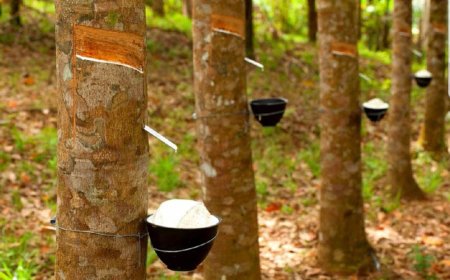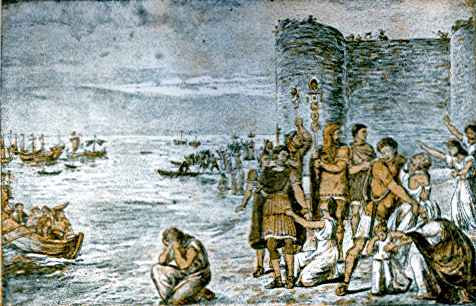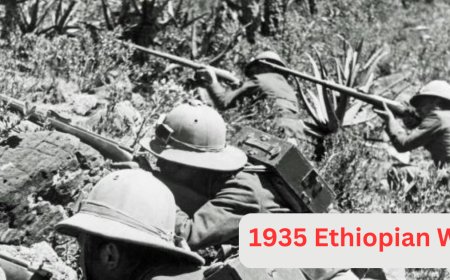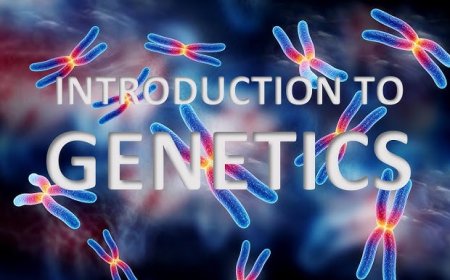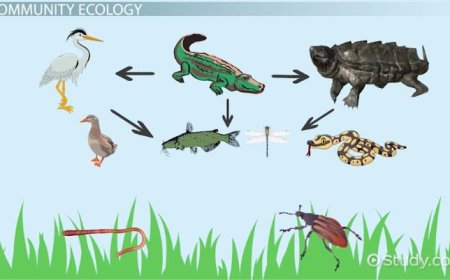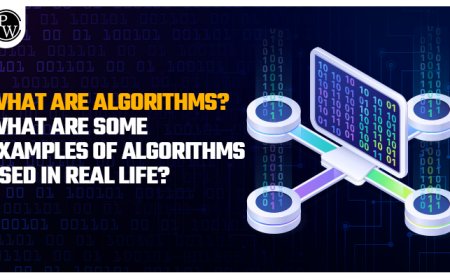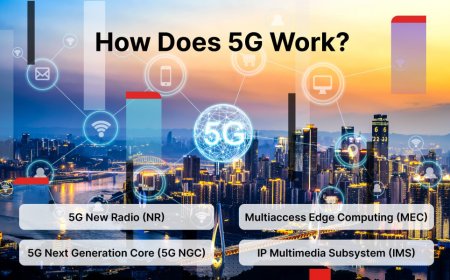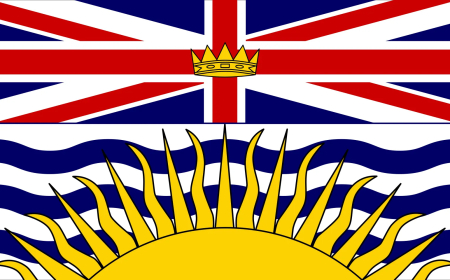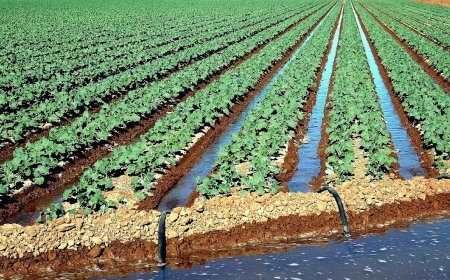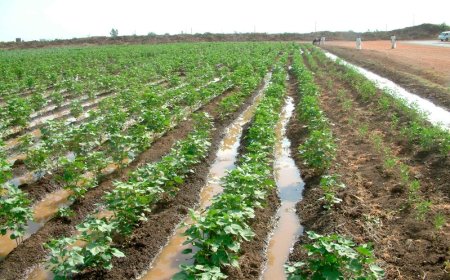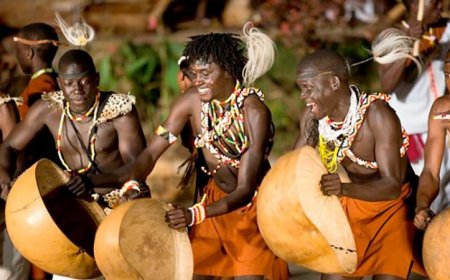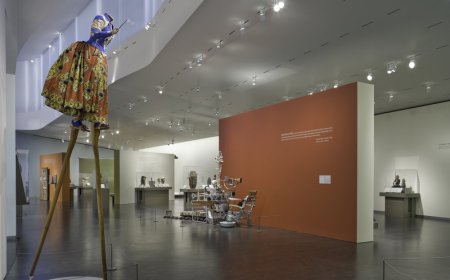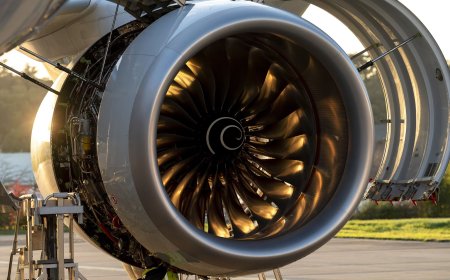Citizen Scientists Collaborate with NASA to Explore Life in Space
Discover how citizen scientists are working hand-in-hand with NASA to uncover the mysteries of life in space. Learn how you can contribute to real space research from Earth!
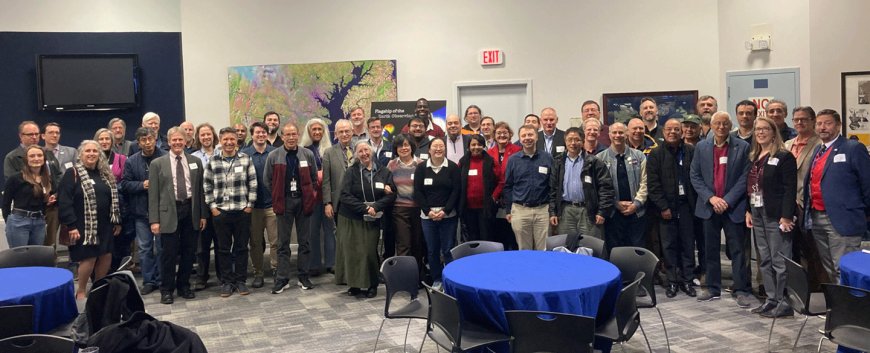
NASA's Open Science Data Repository (OSDR) is offering an exciting opportunity for citizen scientists to contribute to groundbreaking research aimed at understanding how life can survive and thrive in the extreme conditions of deep space. By joining NASA’s Open Science Data Repository Analysis Working Groups (AWGs), volunteers from various backgrounds can play a pivotal role in exploring how space environments affect biological processes, including the impacts of radiation, microgravity, and other space-related factors on living organisms.
The Role of Citizen Scientists in Space Research
Citizen scientists are integral to NASA’s mission of discovering how life can adapt to and potentially thrive in outer space. Through participation in the AWGs, volunteers help investigate a range of vital topics, such as:
-
Radiation Effects: Understanding how cosmic and solar radiation affect human health, plant growth, and microbial life in space.
-
Microgravity’s Impact: Studying how the weightlessness of space alters biological systems, including human and plant physiology.
-
Microbial Behavior in Space: Examining how microbes evolve and adapt in a microgravity environment and their potential role in long-duration space missions.
These citizen science groups provide a collaborative platform where participants can contribute to over 20 ongoing research projects. Through these projects, participants not only learn about space science but also contribute to advancing humanity’s knowledge of how life might exist beyond Earth.
The Structure of NASA's Open Science Data Repository Analysis Working Groups
Currently, nine distinct AWGs are working with a wealth of data from the NASA Open Science Data Repository. These groups meet monthly to share findings, discuss research progress, and plan future work. Participants can engage with each group through NASA’s online platform, AWG Forum-Space, which connects volunteers with peers, experts, and researchers. This platform facilitates collaboration, enabling participants to join discussions, analyze data, and contribute to ongoing research.
Utilizing the NASA Open Science Data Repository
The data available in the Open Science Data Repository is essential to the work of the AWGs. This repository houses a treasure trove of spaceflight data, which includes studies related to:
-
Physiology: Data on how human bodies respond to long-term space exposure, including bone density loss, muscle atrophy, and cardiovascular health.
-
Molecular Biology: Insights into how DNA and other biological molecules are affected by space environments.
-
Bioimaging: High-resolution images that help researchers study the effects of space travel on cells and tissues.
Newcomers to the project are not left in the dark; NASA offers tutorials and comprehensive documentation that explain the intricacies of using the repository and participating in AWG activities. With over 500 studies, an omics multi-study visualization portal, an environmental data app, and RadLab for radiation data, there is ample opportunity for volunteers to explore the wealth of information available.
Getting Involved: Joining and Contributing to the AWGs
Once you decide to join, you will be matched with one of the nine AWGs, each focusing on a specific area of space research. Each AWG is led by a group leader, who organizes meetings and guides the team’s research. It's important to connect with the group leader and get on the agenda to introduce yourself during the virtual meetings.
These meetings provide a platform for group members to present their ideas, share findings, and discuss various aspects of the ongoing research. Whether you have a strong background in biology, data science, or simply an interest in space, the AWGs offer a welcoming environment where everyone can contribute.
Proposing New Projects
The opportunity to propose new projects is one of the most exciting aspects of participating in the AWGs. Volunteers are encouraged to suggest new research topics, ranging from data analysis and visualization to shaping data standards and conducting meta-analyses of scientific literature. Whether you have an idea for investigating new aspects of space biology or a novel way to present existing data, there is always room for innovation in these groups.
NASA welcomes all levels of expertise, and there is a place for anyone eager to contribute to space research. From the development of new analytical tools to collaborative data sharing, citizen scientists play a critical role in advancing our understanding of how life can survive and thrive in space.
The Importance of This Research for Future Space Exploration
The research conducted by citizen scientists in collaboration with NASA will be critical as humanity ventures further into space. As space exploration missions grow longer, such as those targeting Mars and beyond, understanding how living organisms cope with space conditions will be essential for sustaining life on long-duration space missions.
This research has far-reaching implications, not just for astronauts but also for the future of humanity. By understanding how life can adapt to extreme environments, scientists hope to uncover the secrets of space survival, possibly opening doors to the colonization of other planets or even finding ways to support life on space stations in the distant future.
Conclusion: A Global Effort to Understand Life in Space
NASA's citizen science initiative through the Open Science Data Repository Analysis Working Groups provides a unique and valuable opportunity for people from all backgrounds to contribute to pioneering research in space science. Whether you are a space enthusiast, a scientist, or someone passionate about learning, this initiative allows you to make a tangible impact on one of humanity’s most exciting frontiers.
By joining the AWGs, you can help answer one of the most profound questions of our time: How can life thrive in deep space? Your contributions could shape the future of space exploration and expand our understanding of life itself.


